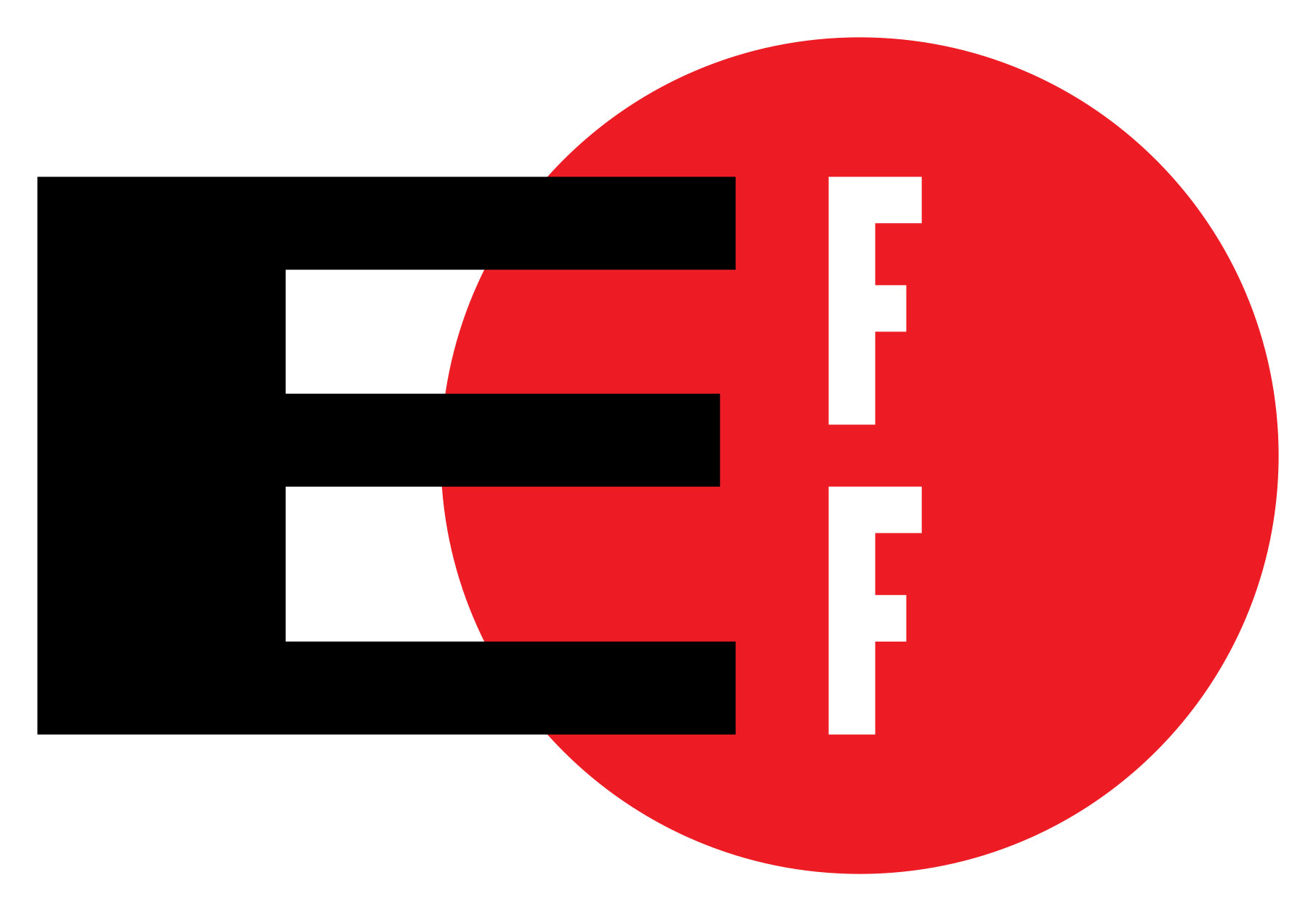EFF Advises States On Effectively Enforcing State-Level Net Neutrality
The EFF has warned that net neutrality regulations recently passed by the California Senate are at risk of being overruled by the federal government and advised other states that effective enforcement of net neutrality can be done without intersecting with federal regulation.
In the wake of the December 14 vote that repealed federal net neutrality regulations, states and Senators alike are acting to oppose the decision. Multiple states, such as Montana and New York, have already taken the first steps toward creating state-enforced net neutrality by issuing executive orders that gate access to state contracts from non-net neutral ISPs.
On January 29, the California Senate passed Senate Bill 460, which attempts to preserve net neutrality within California by making it illegal for ISPs to throttle or prioritize web traffic. The EFF, however, warns that the bill likely overlaps with federal regulation, which brings the risk that it could be preempted if an ISP were ever to bring it to federal court.
In a letter to the California Senate, the EFF advised that all attempts at state-level regulation of net neutrality must be clearly intrastate focused. Web traffic is, by nature, interstate and international, so any state-level regulation is likely to be overruled by the federal government.
Expanding on its analysis in a blog post, the EFF mentions that California already grants ISPs over $100M in subsidies. Gating access to those funds with the requirement of adhering to net neutral practices would give ISPs strong incentive to do so. A more extreme act would be to outright bar access to utility poles, infrastructure that is owned by the state, from non-compliant ISPs. Finally, the EFF recommends the state empower municipalities, which ISPs have to negotiate with for building permits and land-use rights, to enforce similar conditions in their contracts.
The EFF lauded the intentions of SB 460, and didn’t say that its failure was guaranteed, but put out its recommendations as a backup solution. Should SB 460 be challenged and struck down in a federal court, nothing will prevent states from enacting the recommendations regardless.
Get Tom's Hardware's best news and in-depth reviews, straight to your inbox.
-
kep55 I just want the FCC to enforce its rules on what broadband is. Frontier Communications seems to think speeds as low as 768 kbps are broadband. Plus, they refuse to tap into the fed's grant pool to make true broadband available.Reply -
vincevdc If the FCC forces their will on us the least they could do is require ISPs to publish their web traffic policies so consumers can choose their provider.Reply
